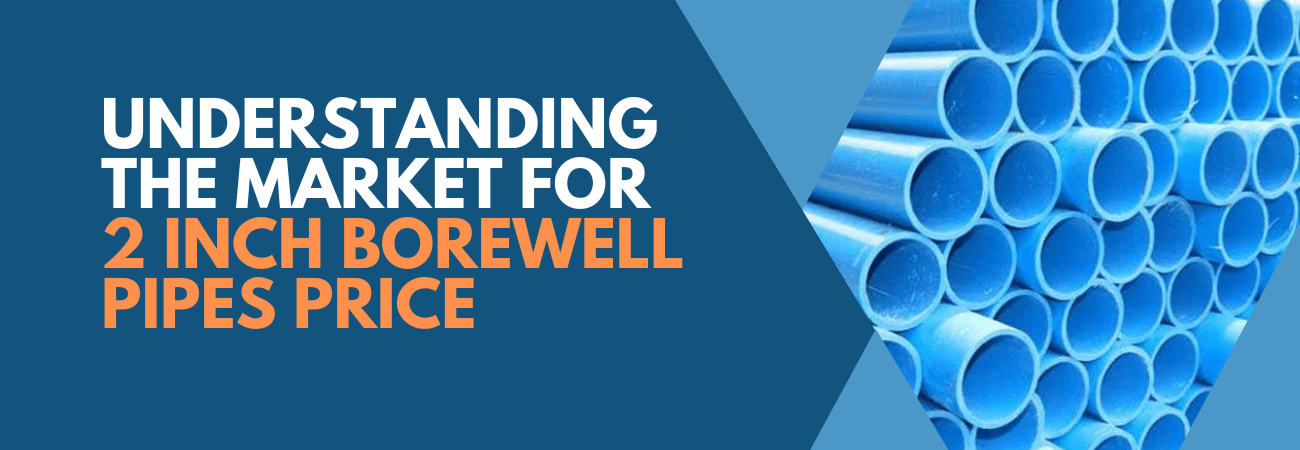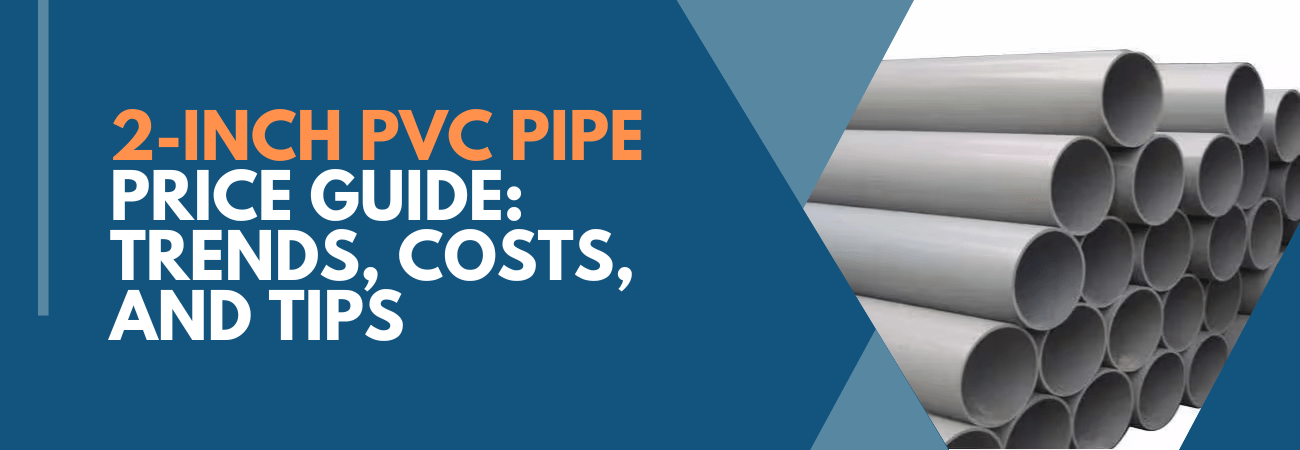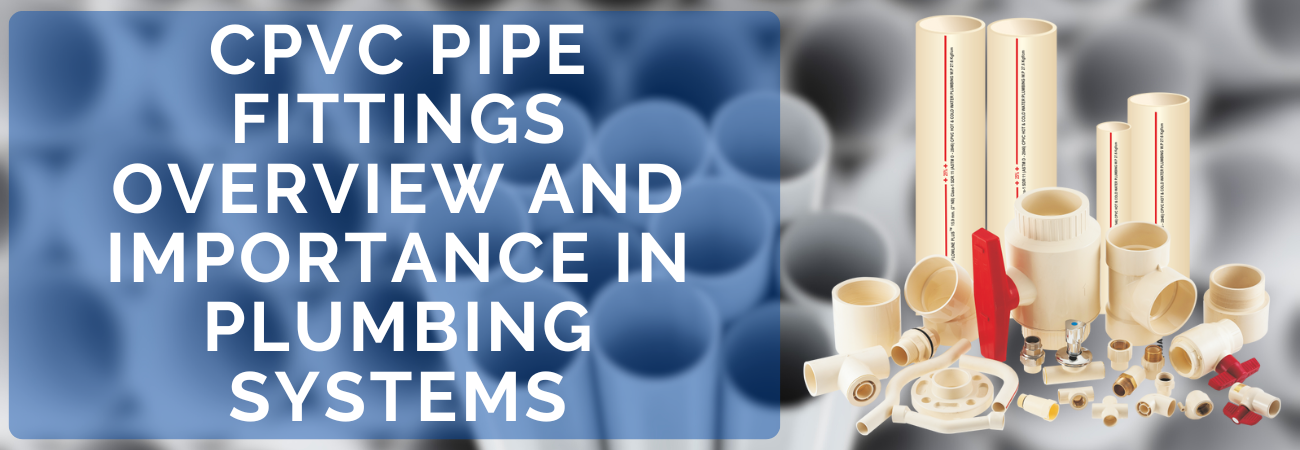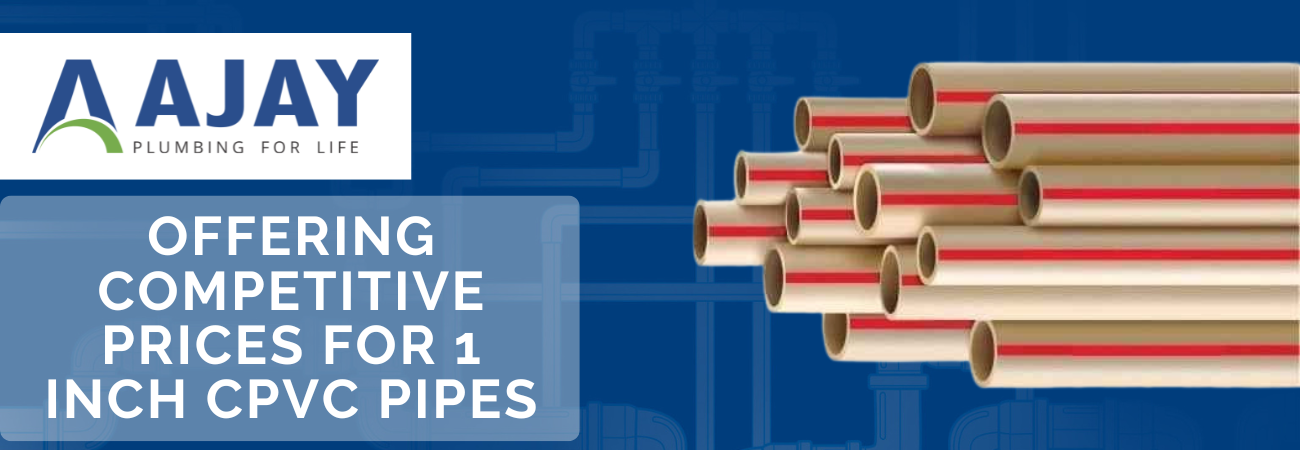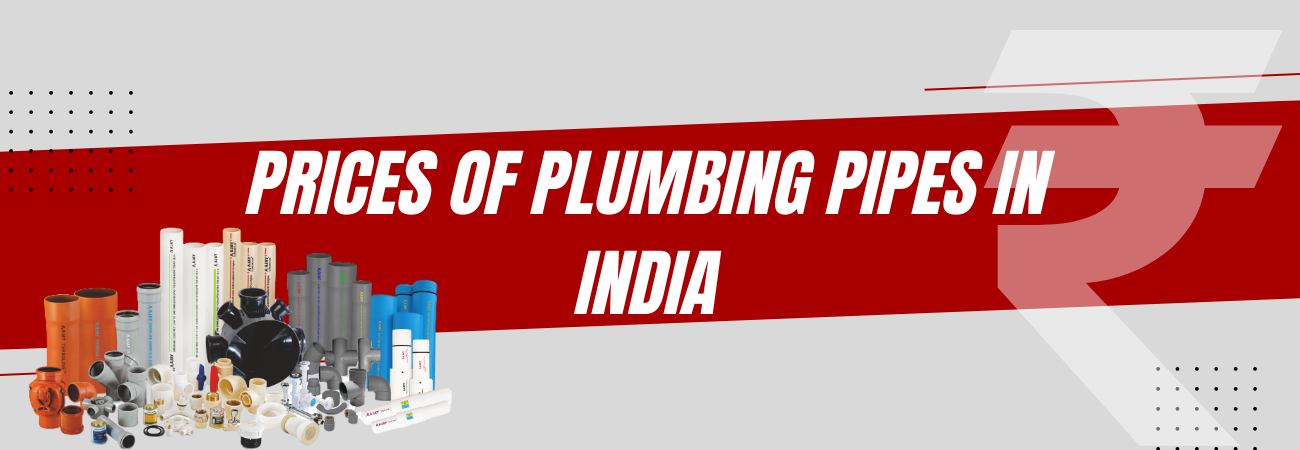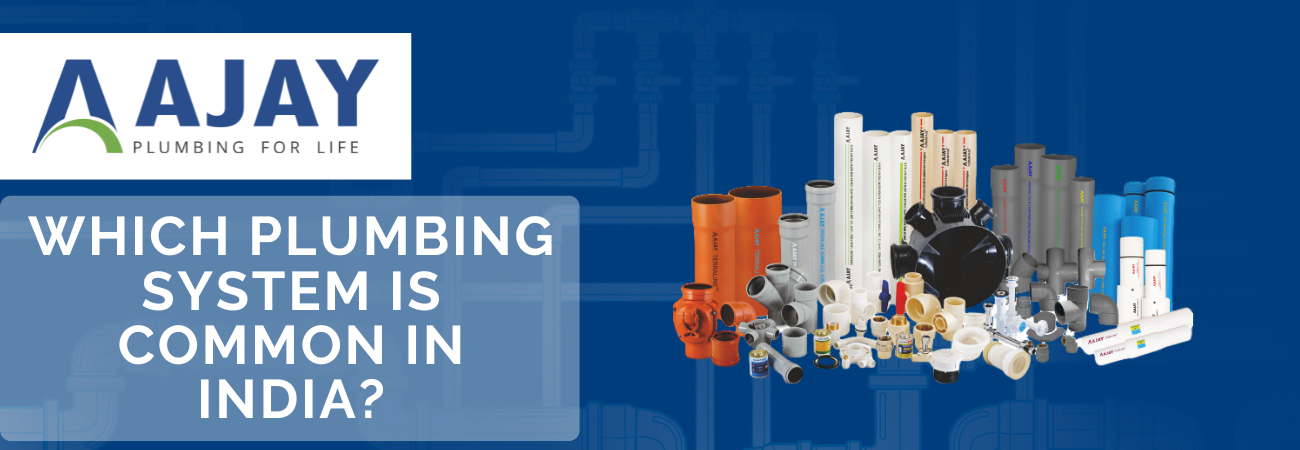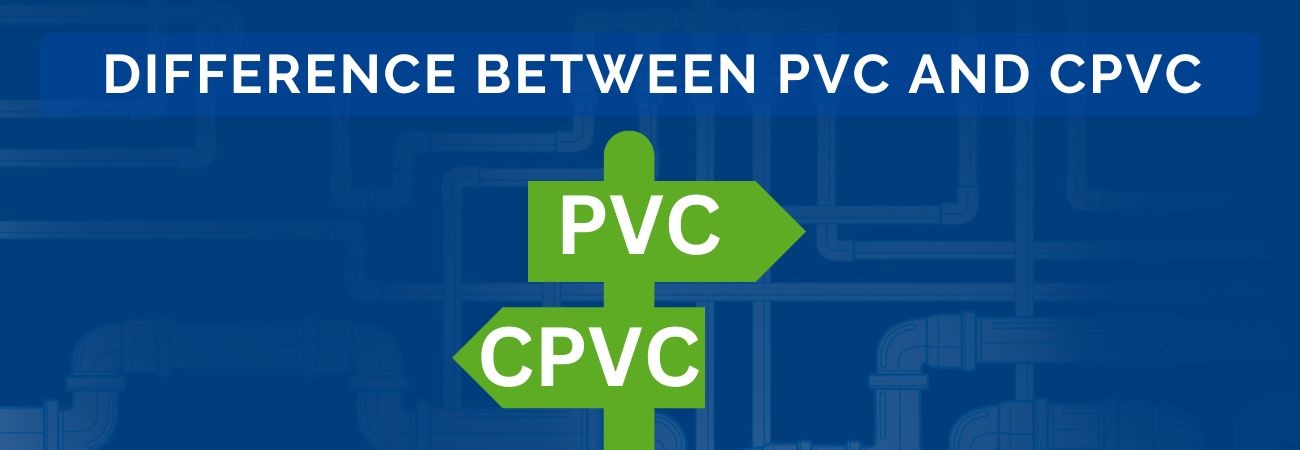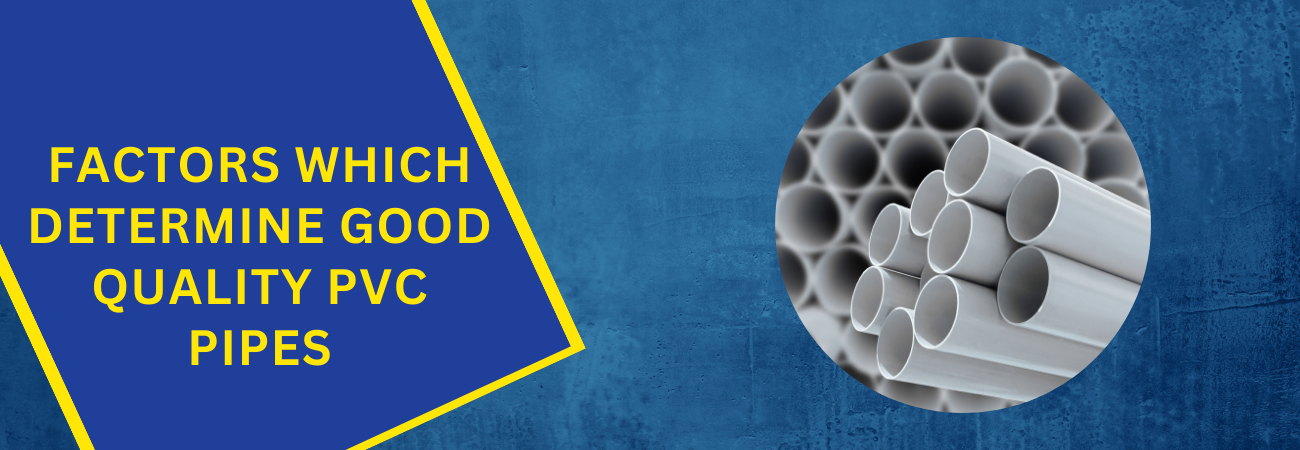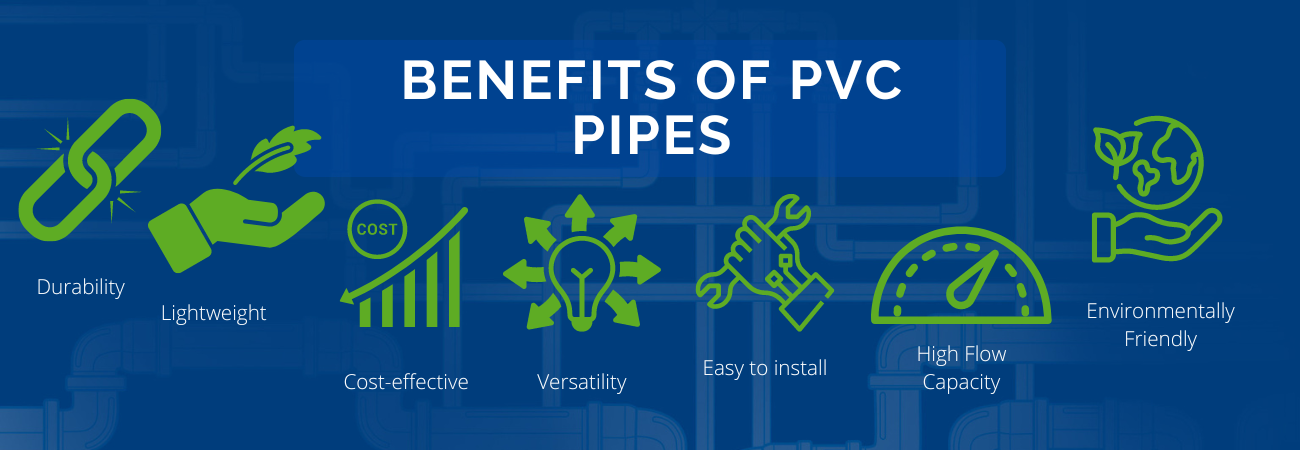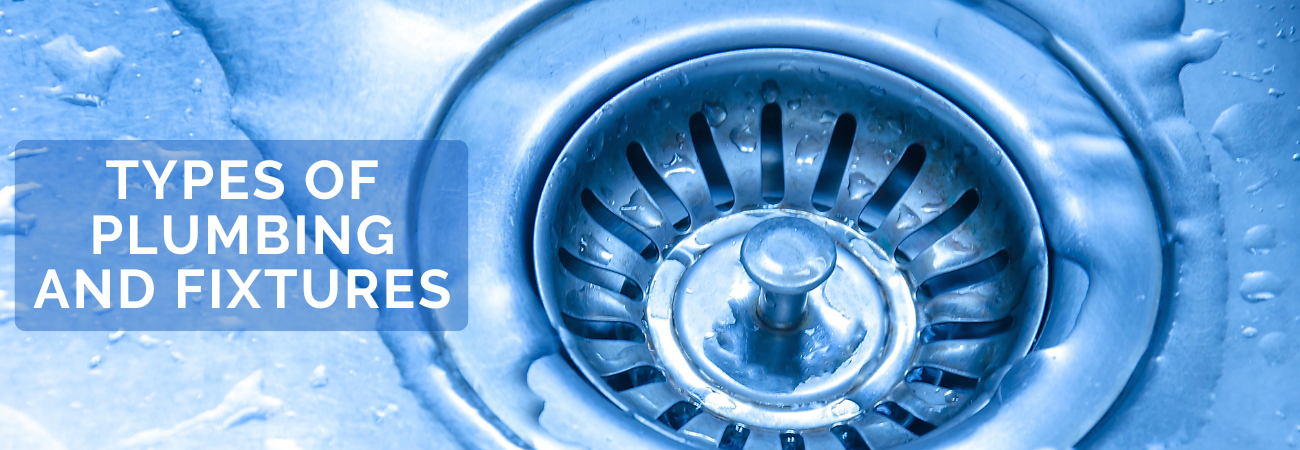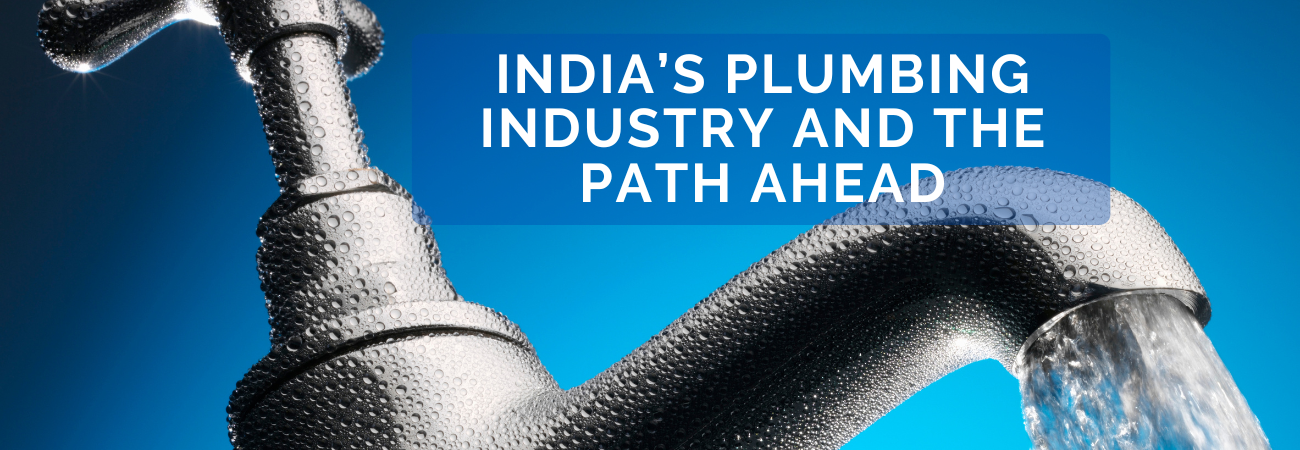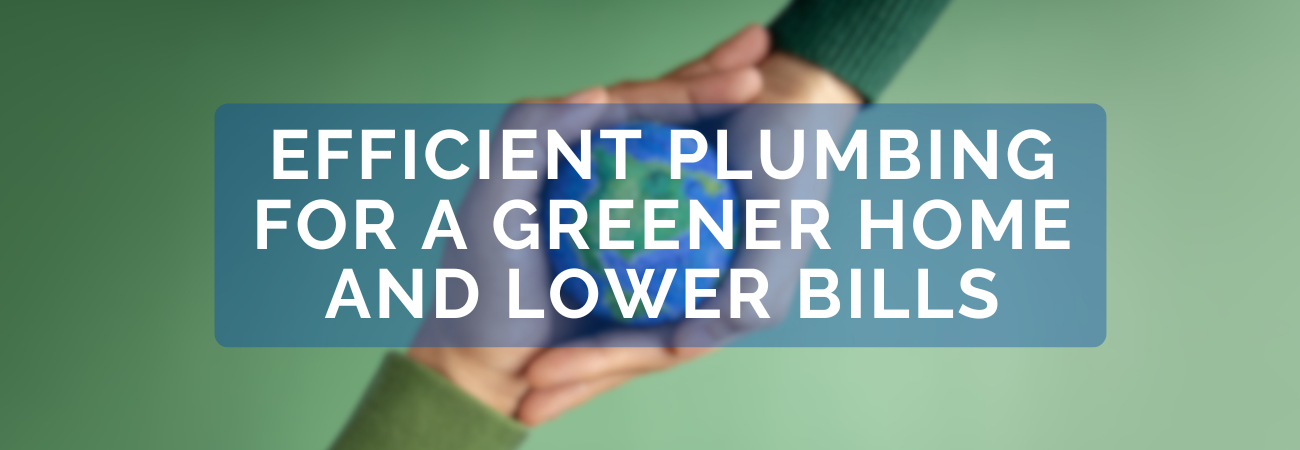Introduction
2-inch borewell pipes price can vary significantly based on several factors, including material, quality, brand, and local market conditions. In India, the most common types of pipes used for borewell applications include UPVC (unplasticized polyvinyl chloride), HDPE (high-density polyethylene), and steel or galvanized iron (GI). Each material offers different advantages, and the prices fluctuate accordingly.
Types of 2-inch borewell pipes price
1. UPVC Pipes
UPVC pipes are the most popular choice for pipees due to their resistance to corrosion, lightweight nature, and affordability. They are non-reactive to chemicals and can withstand prolonged exposure to underground water without rusting or deteriorating. These pipes are also environmentally friendly as they can be recycled and reused.
UPVC borewell pipes have a pressure rating, typically ranging from 4 kg/cm² to 10 kg/cm². Higher pressure-rated pipes are more durable and costlier. For household or agricultural borewell applications, pipes with a pressure rating of around 6 kg/cm² are often sufficient.
2. HDPE Pipes
HDPE pipes are valued for their durability and flexibility. These pipes can be bent and shaped without breaking, which makes them ideal for borewells that might require flexibility due to challenging terrain. HDPE pipes are also resistant to chemicals, rust, and environmental stress, and they last longer than UPVC pipes. However, HDPE pipes tend to be slightly more expensive.
HDPE pipes are also available in different pressure ratings, with high-pressure pipes costing more. These pipes are known for being lightweight yet strong, which makes them easier to transport and install, especially in remote areas.
3. Steel or Galvanized Iron (GI) Pipes
Steel and GI pipes are often used in deep borewell installations where more strength and durability are needed. These pipes are highly resistant to pressure and wear but are susceptible to rusting over time. To combat this, many steel borewell pipes are galvanized (coated with zinc) to protect them from rust and corrosion. Steel borewell pipes are much more expensive than UPVC or HDPE pipes.
Steel pipes can also handle higher levels of mechanical stress and are used in industrial applications or very deep borewells where other materials might not hold up as well. Despite their durability, the heavy weight and potential for rusting are drawbacks, leading to their reduced usage in smaller or domestic borewell setups.
Borewell Pipe Lengths
Borewell pipes are typically sold in two standard lengths: 3 meters and 6 meters. The price increases with the length of the pipe. For example, a 6-meter-long UPVC borewell pipe will cost more than a 3-meter-long pipe of the same diameter and quality. When calculating the total cost of borewell pipes, it’s important to take the required length into account based on the depth of the borewell.
Pressure Ratings
The pressure rating of borewell pipes is a critical factor that influences their price. Pipes with higher pressure ratings can withstand more force and are more durable, making them suitable for deeper or more challenging borewell projects. A pipe with a pressure rating of 6 kg/cm² can handle moderate pressure, while pipes rated for 10 kg/cm² or higher are more robust and can withstand extreme pressures. Higher pressure ratings generally result in higher prices.
Brand and Quality
The brand of the borewell pipe also plays a role in determining the price. Reputable brands like Ajay pipes, Astral & Finolex offer premium quality products that are well-tested and meet industry standards. These brands might charge a higher price due to their quality assurance and better performance.
- Ajay pipes: A leading manufacturer, offers 2-inch UPVC borewell pipes depending on the pressure rating and pipe length.
- Astral: Known for its premium quality pipes, Astral’s 2-inch borewell pipes.
- Finolex: Finolex provides durable and reliable borewell pipes.
Cheaper alternatives are also available in the market, but they may lack the quality certifications and durability offered by the more established brands.
Environmental Considerations
As environmental concerns grow, the material used for borewell pipes has become more important. UPVC and HDPE pipes are more environmentally friendly than steel pipes because they are resistant to corrosion and do not contaminate the water. These materials are also recyclable, making them a more sustainable choice. Although steel pipes are strong and durable, their susceptibility to rust and the environmental costs associated with mining and producing steel make them less eco-friendly in comparison.
For any queries, contact the plumbing experts at Ajay pipes on the Toll Free No. : 1800-11-4050 or via email at our email address info@ajaypipes.com

